Every now and then a show comes along that changes how you think of television. For me, Kim’s Convenience is one of those shows. Therefore, I was saddened by the news that its current fifth season — debuting June 2nd on Netflix — would be its last. One of the few shows to center an Asian family, Kims Convenience broke barriers and was a huge step forward in the representation and diversity on North American television.
The show focuses on an immigrant couple and their (in this case) Canadian-born children. Starring Paul Sun-Hynung Lee as the proudly paternal Mr Kim – known as Appa (the Korean word for dad) to his children – and Jean Yoon as the stubborn Mrs Kim – known as Umma (you guessed it, Korean for mom), the Kims are joined by their kids, photography student Janet (Andrea Bang) and reformed bad boy Jung (the effortlessly suave Simu Liu). And while the general premise of Asian immigrant parents and their North American-born children invites obvious comparison to Fresh Off the Boat, from the very first scene, I knew Kim’s Convenience was something different than I had ever seen before.
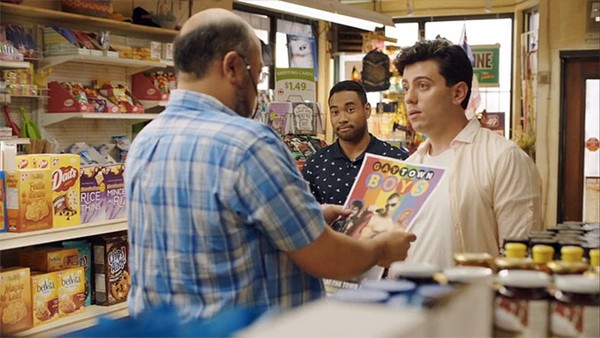 Two men come into the eponymous convenient store, intent on hanging a poster for an upcoming pride parade. Mr Kim refuses, and when one of the men asks if he is homophobic, Mr Kim is adamant he isn’t, quickly creating a “gay discount” to prove it. This satisfies the two men, who again ask to put up their poster. “You can do better,” Mr. Kim insists.
Two men come into the eponymous convenient store, intent on hanging a poster for an upcoming pride parade. Mr Kim refuses, and when one of the men asks if he is homophobic, Mr Kim is adamant he isn’t, quickly creating a “gay discount” to prove it. This satisfies the two men, who again ask to put up their poster. “You can do better,” Mr. Kim insists.
As a gay man, I howled with laughter as Mr. Kim slid the poster across the counter. In lesser hands, that scene would fall flat. But with Ins Choi and Kevin White’s hilarious writing and Paul Sun-Hyung Lee’s warm and funny delivery, it becomes a gentle satire of identities—Korean immigrant Mr Kim and the Canadian gays—and the struggle of older generations to keep up with changing cultural moors. Mr Kim is not the butt of the joke, but neither are the gay men. Rather than being derived from homophobia, racism, or xenophobia, the humor is in the misunderstandings that can happen when perspectives, cultures, and generations inadvertently clash.
That clash is, in many ways, the central premise of Kim’s Convenience as well as the key to its success. Ins Choi has the uncanny ability to find the humor in even the most banal of places, such as in season five when Appa argues with his Indian-Canadian friend, Mr. Mehta, about what a frog says. Many viewers won’t have realized that the sounds humans claim animals make vary from culture to culture, and when Mr. Kim asks Janet whether the frog says “gaegul-gaegul,” as in Korea, or “terrr terrr.”
“Terrr, terrr?” Mr. Kim scoffs in his trademark broken English. “I can’t even say.”
“Because you’re not a frog!” Mr. Mehta shoots back.
Looking for support, Mr. Kim turns to Janet to break the tie. “Don’t frogs say ‘ribbit, ribbit?’” she asks, to the chagrin of the older generation.
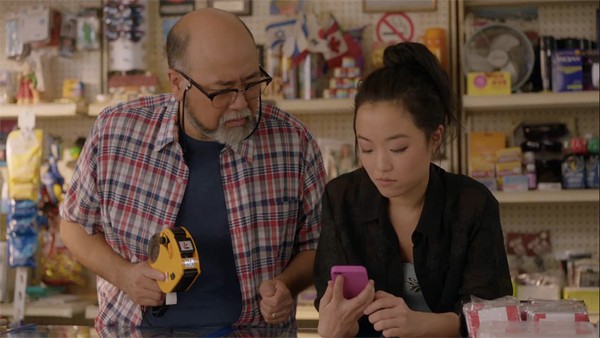
In these little ways, Kim’s Convenience succeeds in not only finding humor in the cultural differences between Korea and Canada, but in the cultural differences between parent and child. These differences do not manifest themselves only in the fact that Janet and Jung were born in Canada and are therefore more culturally Western than their parents may at times like, but in generational ways as well.
Progressive Janet is constantly clashing with her more culturally conservative parents, yet Umma and Appa are never the butt of the joke. Rather, the joke is in their differing perspectives and the relationship between the characters. In a scene from season four, Janet tries and fails to enlighten Appa on gender-neutral pronouns when a nonbinary customer comes into the store wearing a “they/them” button. “Oh, you trans,” Appa says, finally realizing what they are talking about. “You don’t look trans.”
“You can’t say that either,” an exasperated Janet scolds him.
“What?” Appa asks, baffled. “I say she look good”
“It’s ‘they,’” Janet corrects him.
“Not all trans look good,” Appa insists, adding “not all Korean look good.”
It works not only because it is more about Janet’s reaction than it is about pronouns, but also because Mr. Kim, though clumsily, is attempting to be welcoming and inclusive. The trans person isn’t the butt of the joke, the mortification of Janet at her father’s faux pas is. Being embarrassed by your parents’ good intentions is something many of us can relate to. Family has an uncanny way of getting under our skin regardless of whether we’re in Toronto or Tennessee.
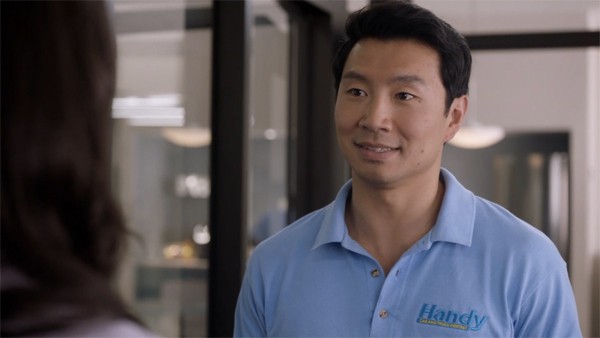 Sometimes, though, the parent-child relationship can be far more strained than an embarrassing moment. Much of the first season revolves around the estrangement of Jung and his father. In one touching scene, Appa finds himself in the hospital. High on morphine, he receives a visit from Jung, the first time the two men have spoken in years.
Sometimes, though, the parent-child relationship can be far more strained than an embarrassing moment. Much of the first season revolves around the estrangement of Jung and his father. In one touching scene, Appa finds himself in the hospital. High on morphine, he receives a visit from Jung, the first time the two men have spoken in years.
“It’s been a long time, but I just want you to know, uh …” Jung says, unable to finish the thought as Appa falls asleep. Instead, he squeezes his hand, a sign of filial affection that speaks louder than words. The humor is there, woven into the script through Appa’s morphine high and his later inability to recall Jung’s visit. But so is the heart.
For me, that scene was particularly affecting. I watched it shortly after reconciling with my own estranged family, and like Jung and Appa, we were brought together through injury. It took time for the ice to thaw, but in the end the ties that bound us, though frayed, endured. Jung and Appa slowly find their way back together, a story to which so many families can relate.
In that way, as in most, the humor and charm of Kim’s Convenience is universal, transcending borders and cultures and speaking to our common humanity. But it is impossible to discuss the legacy of this show without discussing the ways in which it was unique. For much of its run, the series was one of only two on North American television which starred a predominantly Asian cast–the other being the aforementioned Fresh off the Boat.
The significance of that representation cannot be understated. “I think a show like Kim’s Convenience is proof that representation matters,” series star Paul Sun-Hyung Lee said in 2018, when accepting the Canadian Screen Award for his performance. “When communities and people see themselves reflected up on the screens it is an inspiring and very powerful moment for them, because it means they’ve been moved from the margins and into the forefront. And it gives them a voice. And it gives them hope.”
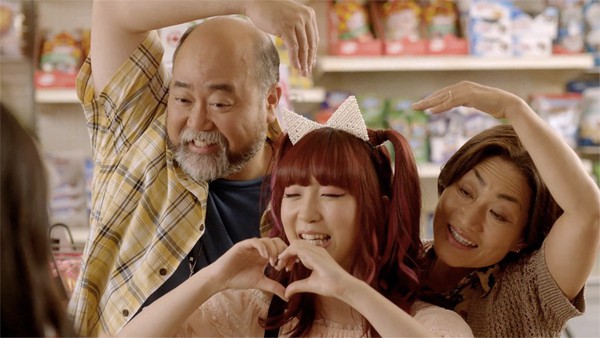 Kim’s Convenience certainly gave hope to a lot of people, which is what makes its cancellation so upsetting. The show remains popular, both in its native Canada and around the world thanks to Netflix. The series creators, however, have decided to pursue other projects and the CBC felt it better to end the show rather than continue without them. Rubbing salt in the wound, this means that many of the storylines fans have followed for five seasons will not be wrapped up. The final episodes are currently airing in Canada, so exactly how the show ends has yet to be revealed. But the abrupt cancellation means there will not be the satisfying resolution fans deserve—will Janet and Gerald get together? will Jung and Appa finally bury the hatchet? what will happen with Umma’s multiple sclerosis?–and that is frustrating for a show that has meant so much to so many people.
Kim’s Convenience certainly gave hope to a lot of people, which is what makes its cancellation so upsetting. The show remains popular, both in its native Canada and around the world thanks to Netflix. The series creators, however, have decided to pursue other projects and the CBC felt it better to end the show rather than continue without them. Rubbing salt in the wound, this means that many of the storylines fans have followed for five seasons will not be wrapped up. The final episodes are currently airing in Canada, so exactly how the show ends has yet to be revealed. But the abrupt cancellation means there will not be the satisfying resolution fans deserve—will Janet and Gerald get together? will Jung and Appa finally bury the hatchet? what will happen with Umma’s multiple sclerosis?–and that is frustrating for a show that has meant so much to so many people.
That frustration is compounded by the fact that there is no other show like it on television today. I don’t mean that in the schmaltzy cliché way of saying “oh, it was so good”–though it is–but in a very literal sense. Kim’s Convenience is, as of now, the only show on North American television fronted by a predominantly Asian cast and focused on telling the stories of Asian people. Once it is gone, there will be none.
That strikes to the heart of the problem. Losing a beloved show is always hard for long time viewers, but when that show is the only representation you have of yourself or your story on television, it stings even worse. It was twenty years between Margaret Cho’s All-American Girl, the first US sitcom to star an Asian-American family, and Fresh Off the Boat, which premiered a year before Kim’s Convenience and ended a year before it, too. Will it be another 20 years before we see an Asian family on TV?
The fact that Simu Liu has been cast as the Asian actor to lead a Marvel film gives me hope that it won’t be. Conversations in Hollywood are dominated by talk of representation right now, and shows like Kim’s Convenience prove there’s a hunger for diverse stories. I don’t know what the next barrier to be broken will be, but I am confident it won’t take two decades for us to get there.


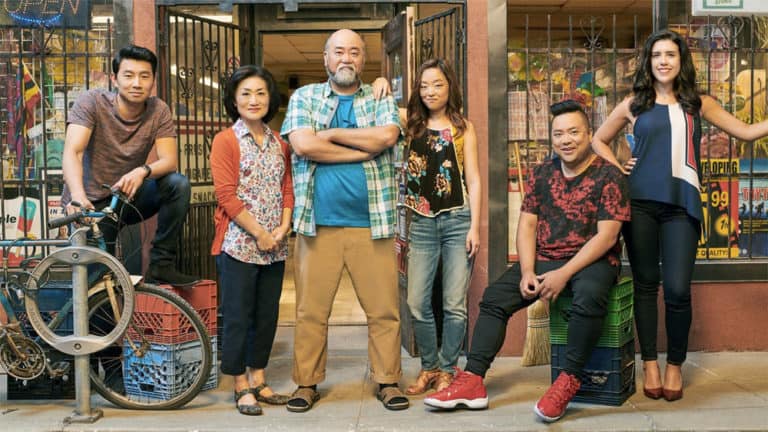
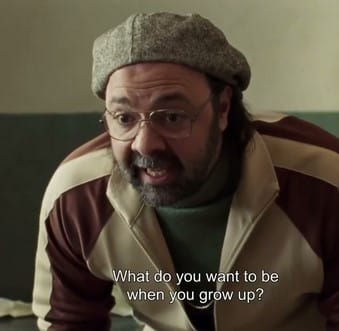

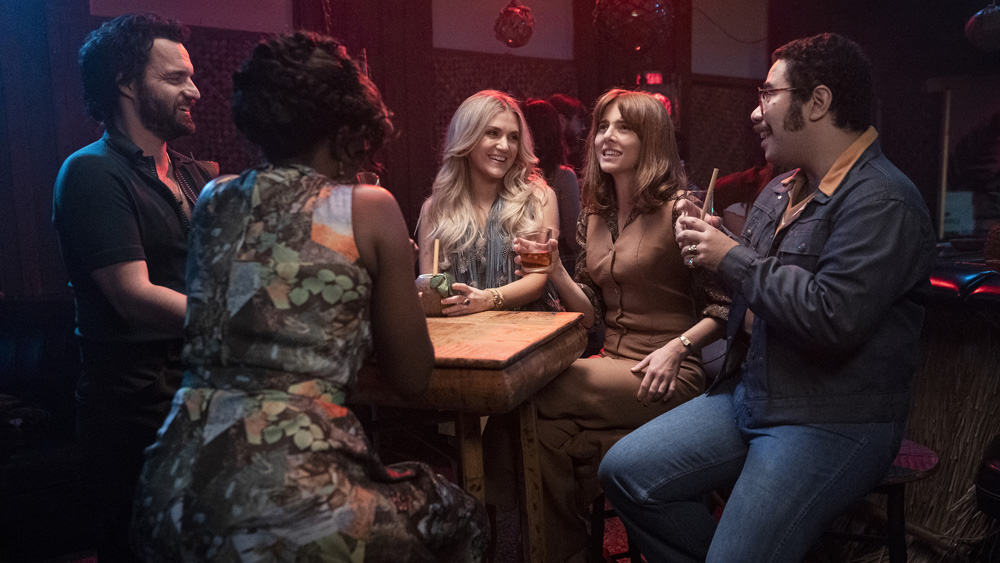
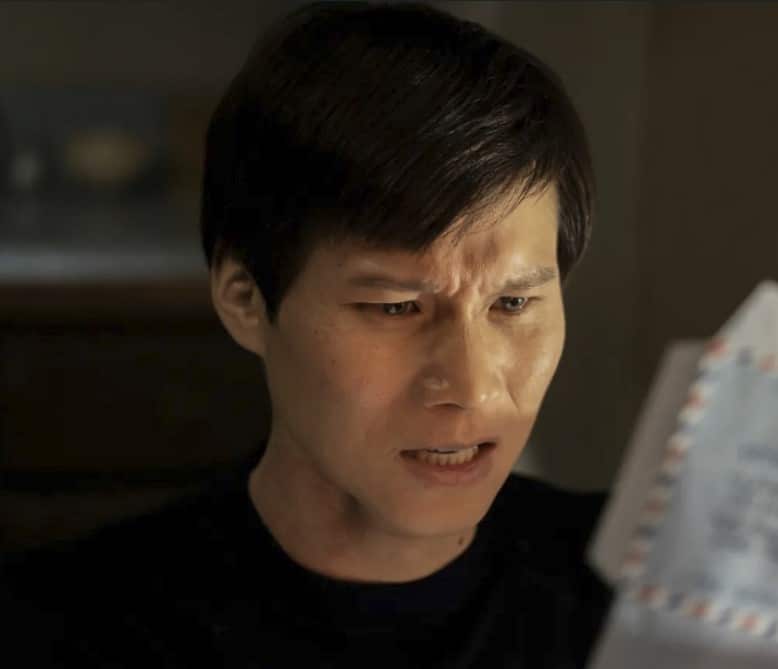


Start a watercooler conversation: